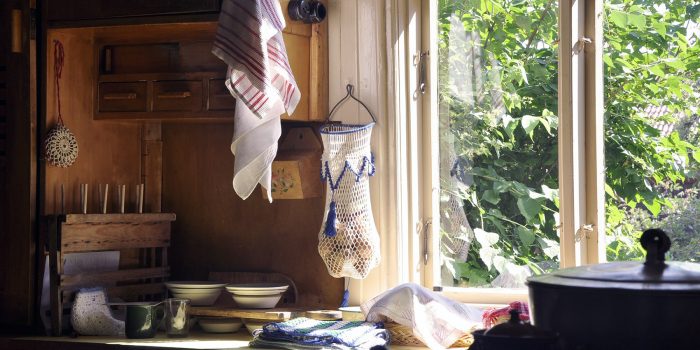My Granny, who never finished high school, taught me lessons about writing that neither of us recognized at the time. She was a professional cook, working for many years for a public school and then spending summers cooking for a private college, back in the days when they cooked everything from scratch, with real ingredients. When I was young, I spent a lot of time in the kitchen with Granny.
Here are some of the lessons I learned.
Use real ingredients. Real butter, real milk, real potatoes. If you try to fake it, people can tell. Even the sweetest dish needs a dash of salt for balance, and you can make every dish just a little better with a bit of sugar. Bread needs time to rise, and there’s no point trying to rush it, even if you waited too long to start. Some dishes are better the next day. Instructions are suggestions, to be adapted as you go along based on the look, feel, smell and taste. And there’s no better teacher than experience to help you make those adaptations.
And even when things don’t turn out like you expected, don’t give up. The results can usually be salvaged and made into something different, better.
We never discussed writing specifically. I was still a few years away from pledging myself to be a writer, though my love of books was well-engrained. But looking back, I can see the lessons.
In your writing, like in cooking, the ingredients must be real. Not the situation or the ‘facts’ per se, but the emotions behind the story must be genuine.
Robert Frost said it best. “No tears in the writer, no tears in the reader. No surprise in the writer, no surprise in the reader.” Readers can sense it if you fake it. And they won’t appreciate it.
Even serious stories can be made richer by adding a touch of humor, and the best funny stories have a vein of something serious running underneath the surface. Life, and stories, are richer and fuller when they are balanced. Life is full of the good, bad, funny, sad, frightening and inspiring. Stories that feature only one aspect of that often fall flat, leaving the reader unsatisfied.
If your draft isn’t coming along, and you decide to give up and move on to a different project, never just delete it. Some of those ‘ingredients’ could be used in something different down the road. I’ve pulled scenes from an abandoned novel draft and used to flesh out an unrelated short story.
Food is essential to life, and good cooking makes the necessary more enjoyable. Similarly, good stories can make our lives more enjoyable. Granny’s lessons have served to enhance my life and that of many others, and that’s just one of many reasons I am forever grateful for having her in my life.
- Benefits of a Critique Group - January 26, 2026
- The Characters You Know - September 19, 2025
- Writing Contests - December 16, 2024


Very good! I read it all before I realized it was you!